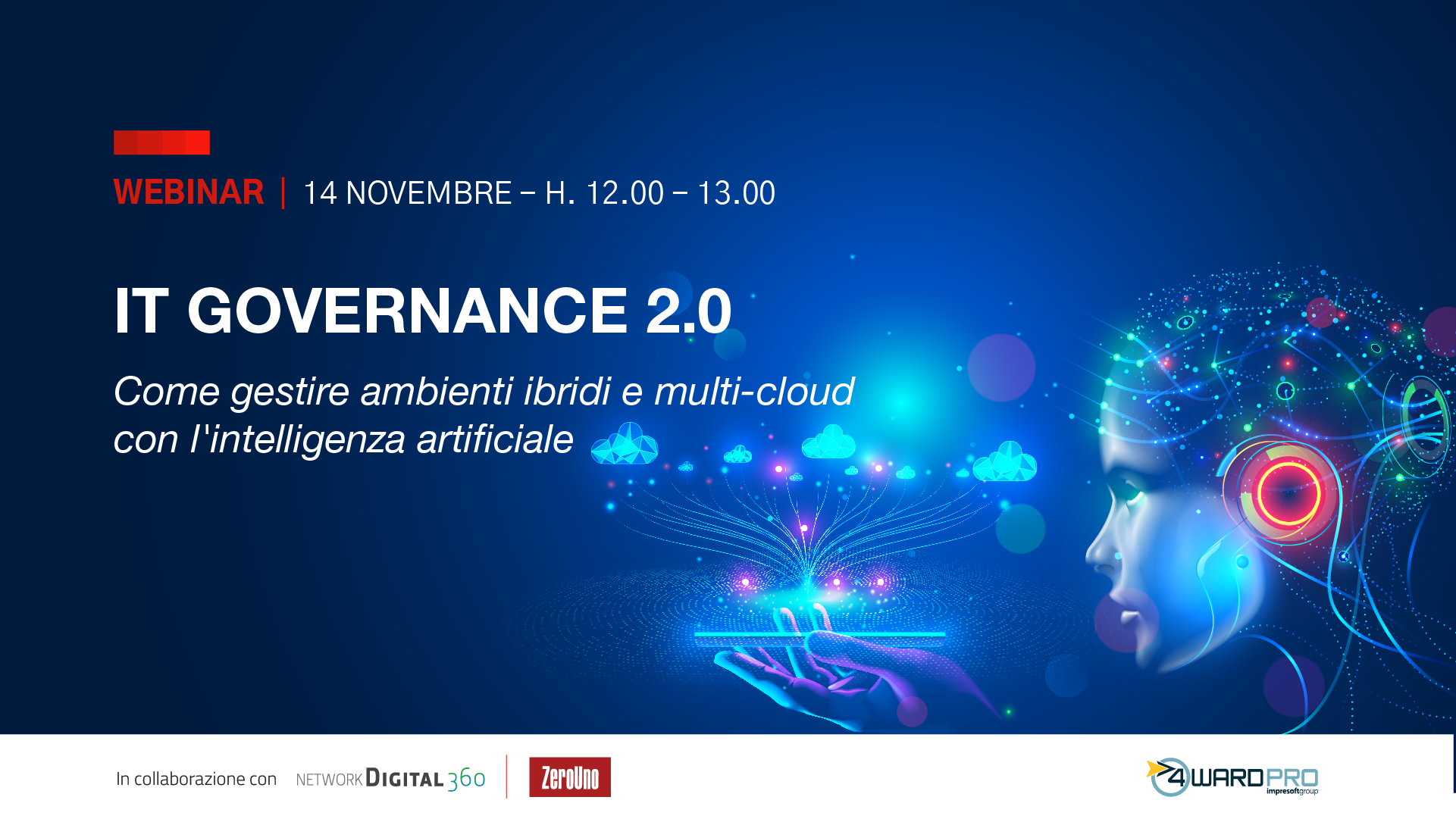Data management is, or should be, the basis for the development of innovative projects of the Companies, one of the main areas of investment is in fact related to the implementation of big data and analytics, which allow an integrated and efficient management of data sources available to companies. This is confirmed by the second research stream “Big Data & Regulation” of the Digital Insurance Hub, promoted by CeTIF, the Research Center on Technology, Innovation, and Finance established in 1990 by Cattolica U. of Milan.
According to the findings, data management leads insurance companies to face problems with regard to compliance with regulations such as the Gdpr to which it is necessary to find solutions to avoid blocking the innovation processes.
Companies have adopted different approaches in the implementation process: according to CeTIF survey, took in 2017 on a group of 10 institutions, only half of these had already started the processes necessary to be compliant within the deadline indicated by the regulations, while the other part of the sample stated that it had planned some activities, but did not start the process of regulatory compliance.
In addition, the survey showed that the most effective institutions in the implementation processes are also those that have provided for greater involvement of the compliance function in the implementation of innovative projects, not only in the final stages but also in those of product design. These insurance companies have transformed an “annoying” commitment into an opportunity, combining the need to introduce technological innovations to evolve their business and operational models with the need to be compliant with the increasingly complex regulatory framework, using tools based on the agile model, focused on inter-functional teams that guarantee greater effectiveness in development processes.
Big Data & Analytics projects
During the research process, strategic plans, websites and articles from specialized journals were analyzed on the implementation of big data & analytics projects by 36 insurance companies operating in Italy.
The results of the survey revealed that 35% of companies are involved in this type of project. A comparison of this figure with policies offered by the same companies combined with IoT devices suggests that 58% of them offer such products. There is therefore a gap that shows that some companies, although having a data source that allows them to collect a lot of information on the habits of their policyholders such as the IoT, still have to start further projects to seize all the opportunities arising from their information assets.
Another relevant element of the analysis is that most companies do not claim to have invested in a structural plan in this type of technology; in fact, only 11% of the companies analysed mention the projects in their industrial plans. Italian companies are therefore adopting an incremental innovation approach, intervening in specific areas of the insurance value chain, and then developing further projects in a modular manner.
Blockchain and applications for insurance companies
During the stream working panels also technologies were analyzed which represent a change in the insurance field, as in the case of the blockchain. This technology has found a great resonance in the context of financial services as it is the basis of the issuance of cryptocurrency, thanks to the use of distributed public registers, however some companies are testing the use of private blockchain. This type can have a property and is therefore possible to establish rules to get access to and visibility of the information contained therein. The following areas have been identified as the main applications in the insurance sector:
anti-fraud, as a single register shared by insurance companies would make it possible to carry out more checks on reported claims;
opening of claims proceedings, thanks to smart contracts (contracts whose impact is activated automatically when certain conditions occur) the damage of a claim can be settled without the insured having to report it;
healthcare, each subject can create its own medical record on the blockchain, deciding who can access it; companies may have a clearer view on the client they are going to insure;
reinsurance, in the event of coverage for specific events such as catastrophes, the reinsurer could allocate capital to cover the claim when it occurs, eliminating communications with the company and, therefore, taking more rapid action.





